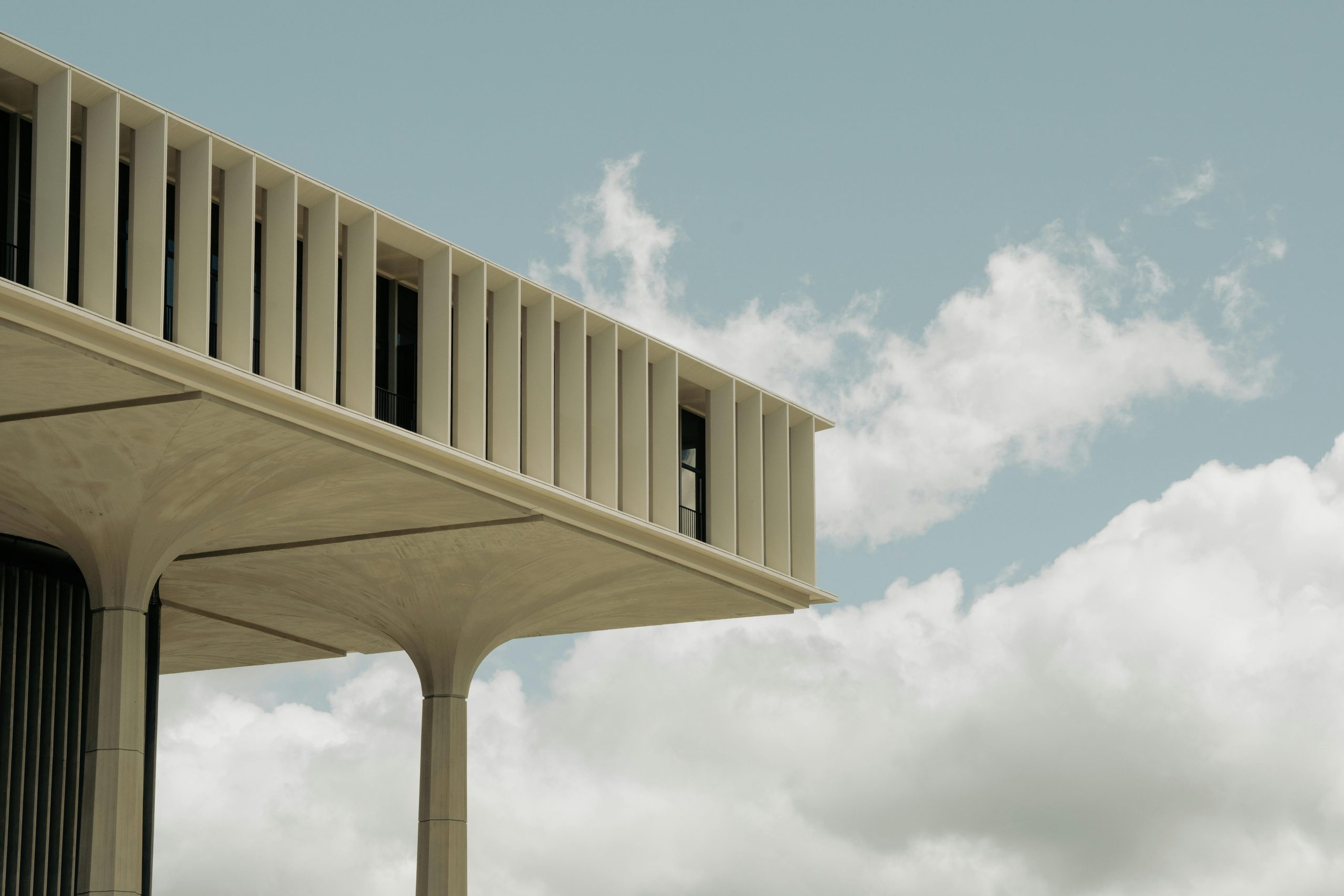Sewer Backup vs. Plumbing Issue
I recently experienced a sewage backup in my basement. Fortunately, I was present when the water began rising through the floor drains and eventually out of the toilet, so I quickly contacted the water department. A technician arrived within 15 minutes and confirmed there was a blockage in the main line. He needed to call in a specialist with the right equipment to resolve it. It took about 45 minutes to an hour from my initial call to when they cleared the blockage, but by that point, there were 4-6 inches of black sewage water in my basement, resulting in a wall-to-wall layer of sludge once it drained.
I submitted a claim to my insurance (Progressive/Homesite) and fortunately have a sewage backup endorsement with a $10,000 limit. I was worried, given the damages were well over that amount, but the adjuster classified it as a plumbing issue, which falls under my standard policy, allowing my full dwelling and personal property limits to apply.
Additionally, the technician from the water department provided me with information on how to file a claim with the township’s insurance, which I did. They finally reached out about a month later. So far, my insurance has covered around $30,000, and I expect it could reach $40,000 – $50,000 by the time it’s all settled.
I have two questions. First, why did my insurance categorize this as a plumbing issue when it clearly seems like a sewer backup?
Second, if I involve the township’s insurance, could my insurance potentially reclassify it as a sewer backup and seek reimbursement? I assume if that happens, the township’s insurance would reimburse my insurance; however, their communication indicates they only cover personal items and not dwelling damage.
At this point, I’m considering not involving the township’s insurance and letting my insurance handle everything, knowing I might face a premium increase later.
Also, it’s worth mentioning that at least five other homes in the area experienced the same sewer backup, so this wasn’t just my issue. I explained to my insurance that the blockage was in the township’s main line and acknowledged their liability.
Thank you!




It sounds like you’ve been through a really challenging situation! Here are some thoughts that might help clarify your questions:
Classification as a Plumbing Issue: Insurance companies often have specific guidelines for classifying claims, and the distinction between a sewer backup and a plumbing issue can sometimes be blurred, especially if the blockage is in the municipal system. The adjuster may have classified it as a plumbing issue because the problem originated in the municipal line, and technically, your home’s plumbing was impacted as a result. It’s also possible they viewed the blockage as an external issue that ultimately caused your plumbing damage, which may have influenced their decision. It might be worthwhile to ask your insurance provider for a more detailed explanation of their classification process to ensure you’re fully informed.
Involvement of the Township’s Insurance: There is a possibility that your insurance could reconsider the classification if they find out the township’s insurance is involved and the liability for the damage rests more heavily on them. If that were to happen, they might seek reimbursement from the township or adjust the claim under your sewer backup endorsement, which could complicate matters. However, since you have already started the claim process with the township and they are aware of the situation, it might still be beneficial to pursue that claim. Just keep in mind that the township’s insurance may not cover all types of damage, as you noted.
It’s essential to communicate openly with both your insurance and the township’s insurance adjusters to avoid any complications. If the township’s insurance ultimately provides coverage that your homeowner’s insurance does not, you may be able to recover some additional costs without risking a classification change from your provider.
Lastly, it may be helpful to consult with a local insurance agent or attorney who can provide more specific advice tailored to your situation. They can help you understand the implications of filing with the township and how it may affect your current standing with your homeowner’s insurance. Good luck!